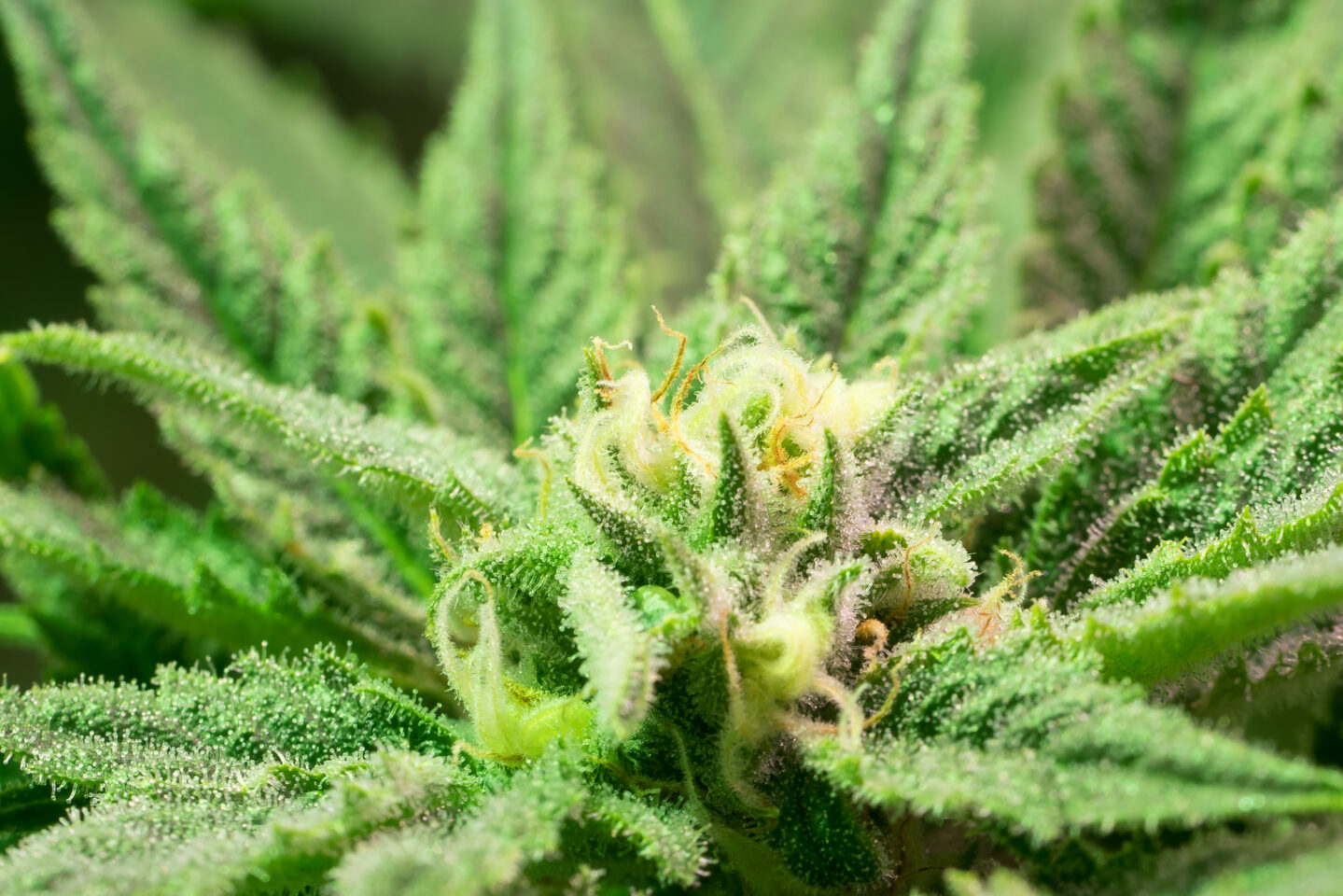
Oklahoma medical cannabis companies file lawsuit to block fee hikes
An Oklahoma cannabis activist has joined forces with three state medical marijuana suppliers to file a lawsuit challenging the increased regulatory fees that went into effect last month. The lawsuit, which claims the fee increases are unconstitutional, was filed Friday by Jeb Green, founder of Oklahomans for Responsible Cannabis Action, and medical marijuana dispensaries Pharside, Oklahoma Natural Cures and Bingo 101.
The lawsuit challenges a new fee structure for medical marijuana businesses signed into law by Republican Oklahoma Gov. Kevin Stitt in May 2022. The measure, House Bill 2179 (HB 2179), increases regulatory fees charged by the Oklahoma Medical Marijuana Authority (OMMA) on licensed companies operating medical cannabis in that state.
Previously, medical marijuana operators paid a flat fee of $2,500 for each licensed business. But under HB 2179, which went into effect on June 1 of this year, the fees have been increased dramatically, with the largest cannabis growers now having to pay up to $50,000 per year.
The lawsuit, filed last week, alleges that the statutory fee increases constitute a “revenue-raising” measure that Oklahoma law requires a majority of at least 75% of members to pass in both the Oklahoma Senate and the Oklahoma House of Representatives the representative. In addition, no revenue-boosting bills may be passed in the final five days of the legislative session.
However, HB 2179 did not achieve the required supermajority and passed in the closing days of the 2022 legislative session and in the closing days of the 2022 legislative session. Plaintiffs allege that HB 2179 is not a simple bill because it does not add any new regulations that the new fees are intended to fund.
“In other words, the purpose of the legislation is not regulatory in nature, but is intended to increase revenue,” the lawsuit said, as quoted by The Oklahoman. “Although license fees provide some financial support to OMMA, these fees are not closely tied to the cost of the service for which they are levied.”
Plaintiffs anticipate that the new fees authorized by the legislation will increase OMMA’s royalty income by at least $28,580,000 each year. The actual amount could be higher, they point out, because some medical marijuana companies have different fee tiers depending on the size of the operation.
The lawsuit alleges that the increased fees violate the Oklahoma Constitution and should be overturned. In addition, plaintiffs allege that HB 2179 created a discriminatory “special law” in that it provided for a tiered fee structure for some companies but not for others.
“Our challenge (the law) involves more than just cannabis. This is a constitutional issue that affects every Oklahoma taxpayer. We respectfully ask the court to consider our application,” Green said. “Our medical marijuana program has been a positive sales force from day one. It has generated hundreds of millions of dollars in revenue over the past five years. Increasing license fees for our industry is not necessary to support regulation.”
HB 2179 isn’t the only piece of legislation passed to tighten rules for Oklahoma’s medical marijuana program. After a March ballot initiative to legalize recreational marijuana in Oklahoma failed to win voters’ approval, lawmakers introduced dozens of bills that would tighten regulations for the state’s medical marijuana suppliers. Nine of the measures were approved by lawmakers and signed into law by Stitt. They include SB 18X, which establishes a medical marijuana tax fund under the control of the state legislature that pools medical marijuana tax revenues collected by the state for use by OMMA.

Post a comment: